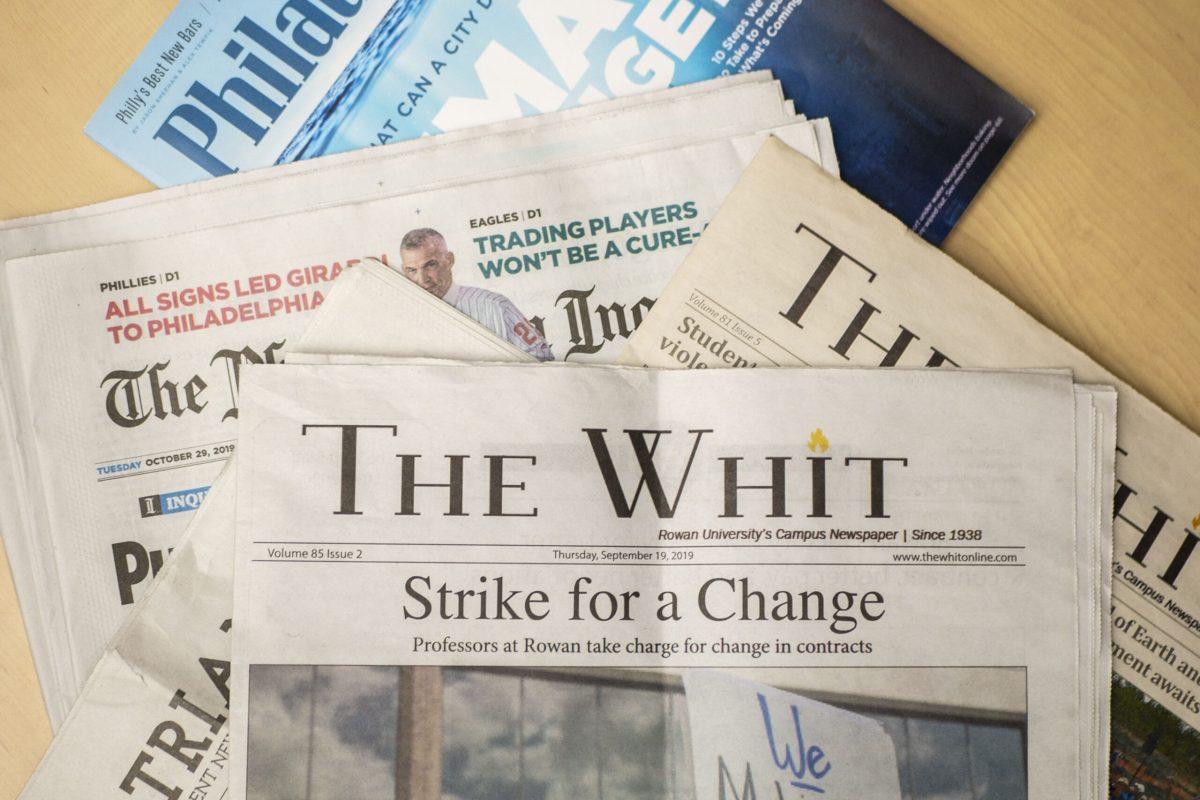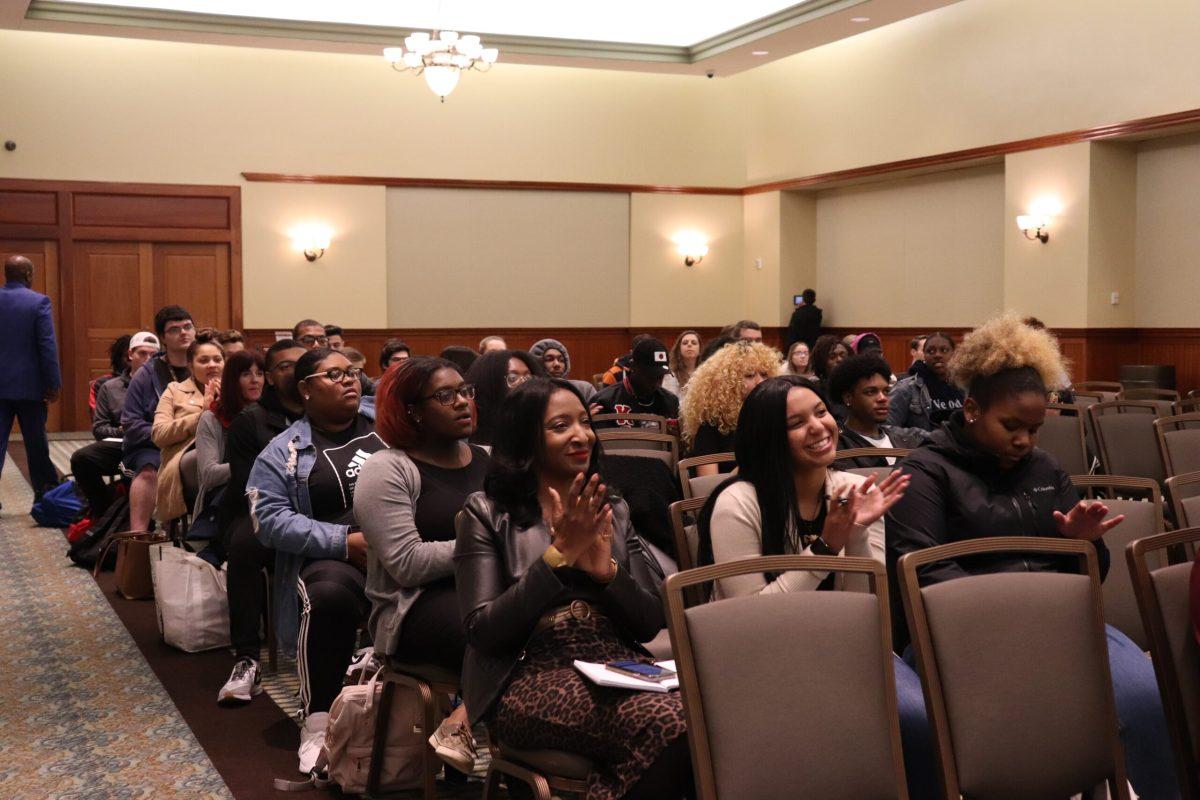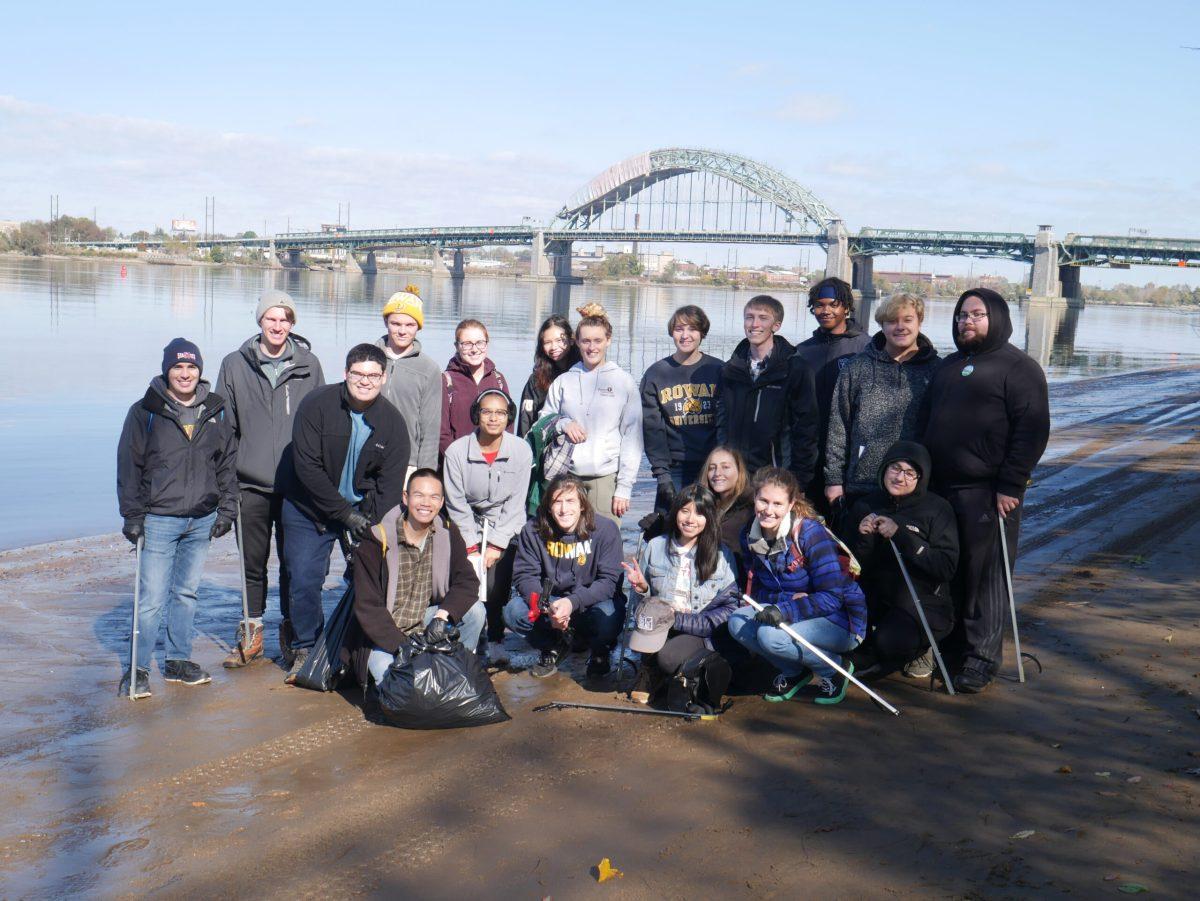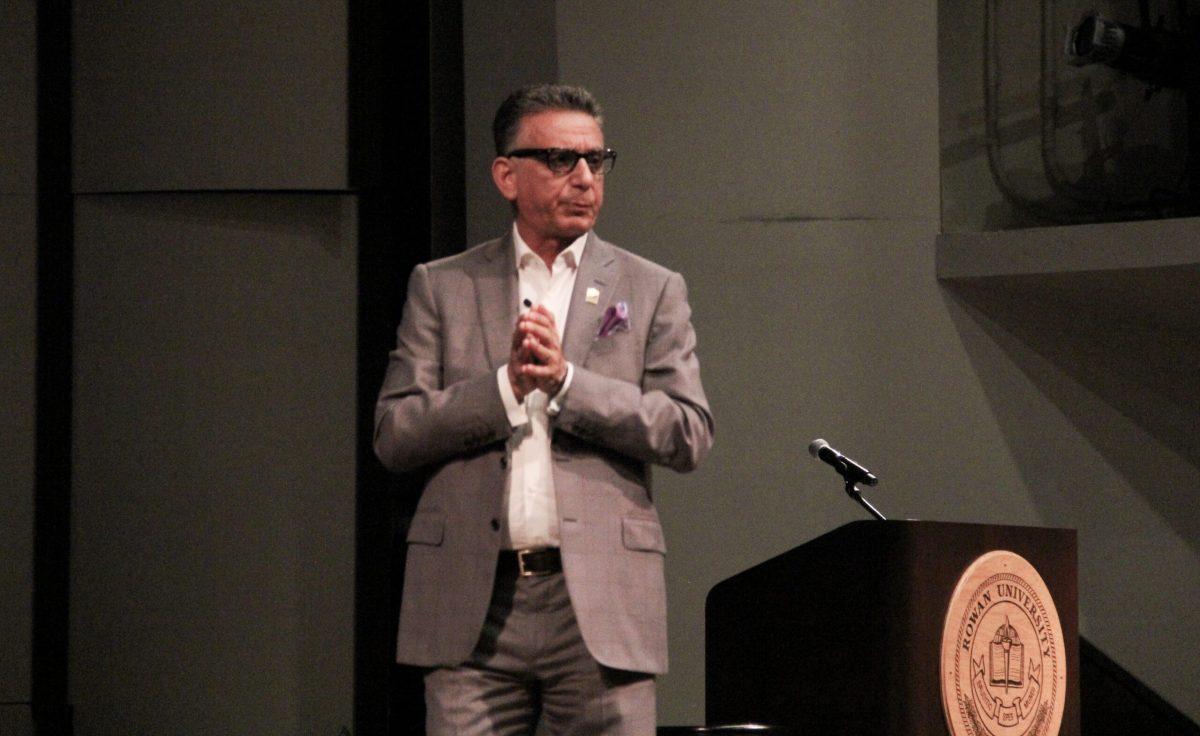The “Theorizing at Rowan” speaker series held its second lecture this past Friday which focused on the idea of social privilege and its relationship with violence. The series is sponsored by the department of philosophy and religion studies, and aims to engage the university community on different topics with scholars from around the area.
The event focused on the subject of privilege in a presentation by guest speaker Gabriel Rockhill titled, “Five Hypotheses on Privilege and Violence.”
Rockhill, an associate professor of philosophy at Villanova University and director of the critical theory workshop at the Université de Paris, dissected the close relationship between privilege and violence through five arguments, all of which were linked by shared themes.
His central question focused on whether the conversation around privilege distracts from the deeper concern of structural violence. One theme was repeated often by the lecturer over the course of the 35-minute talk: neither is just inherently good or evil.
“This has shackled a lot of the political discourse and political action,” Rockhill said.
In his third hypothesis, Rockhill stressed that there cannot be fixed ways to paint violence and privilege, being that they are “multivalent, multidimensional categories.” He pointed to the stigma put on radical-progressive protesting, specifically recent cases in the United States. The definition of violence, where it stems from, and how it operates vary from situation to situation.
“If you go back to the cccupy movement, it was rife with violence,” Rockhill said. “The violence was the state’s orchestrated by Homeland Security in order to evacuate individuals who were exercising their constitutional right to freely assemble.”
He called out the corporate media’s slant in what makes headlines: violence stemming from protests is quickly publicized while structural violence from state oppression is ignored, such as that from the prison industrial complex.
Similarly, Rockhill explained how individuals in a place of great power will act to discredit the less powerful group involved, which is then generally accepted. The challenge, he argues, is in recognizing not just the people who have privilege over others but also the societal structures that keep this privilege in place.
This point stemmed from the first hypothesis presented, that privilege is its own blind spot. He illustrated the problem of this lack of visibility through the example of the textile industry in the contemporary world.
“The majority of the things that everyone in this room undoubtedly is wearing have been produced in sweat shop-like and slave-like conditions,” Rockhill said. “These are things that most people, when thinking about how they might be privileged, are probably not thinking about, being that the very clothes on their back are part of an international division of labor and mass oppression.”
He said that it is necessary to adopt a “radical reflexivity,” where people call on the input of others to identify blind spots, but most importantly address how structures of privilege and violence are produced on a systematic level, not individual.
His fifth hypothesis sought to establish that the two main ideas deserve reckoning, despite knowing that there might never be a definitive resolution to either.
“On the contrary, it’s this recognition that should serve to heighten our vigilance,” Rockhill said.
Working at such a scale, the media should help educate the people. However, Rockhill believes the popular outlets, which reach the majority of populations, do the opposite.
He argued that the corporate-driven media “machine” creates what 20th-century theorist Antonio Gramsci referred to as “common sense”: outdated, repeated narratives that are accepted as reality rather than scrutinized or questioned as propaganda.
For instance, Rockhill noted the script of the Cold War shifted to the War on Terror, in both cases oversimplifying to “good guys” versus “bad guys.”
“[The mass media] doesn’t necessarily give people what they want, it forms their wants and their desires and their needs in various ways,” Rockhill said in an interview following the lecture. “That’s why alternative media, I think, is quintessentially important. It’s educationally arguably more powerful than universities because it can reset the stage for how people comprehend the world.”
For comments/questions about this story, email [email protected] or tweet @TheWhitOnline.
























































































































































!["Working with [Dr. Lynch] is always a learning experience for me. She is a treasure,” said Thomas. - Staff Writer / Kacie Scibilia](https://thewhitonline.com/wp-content/uploads/2025/04/choir-1-1200x694.jpg)














































